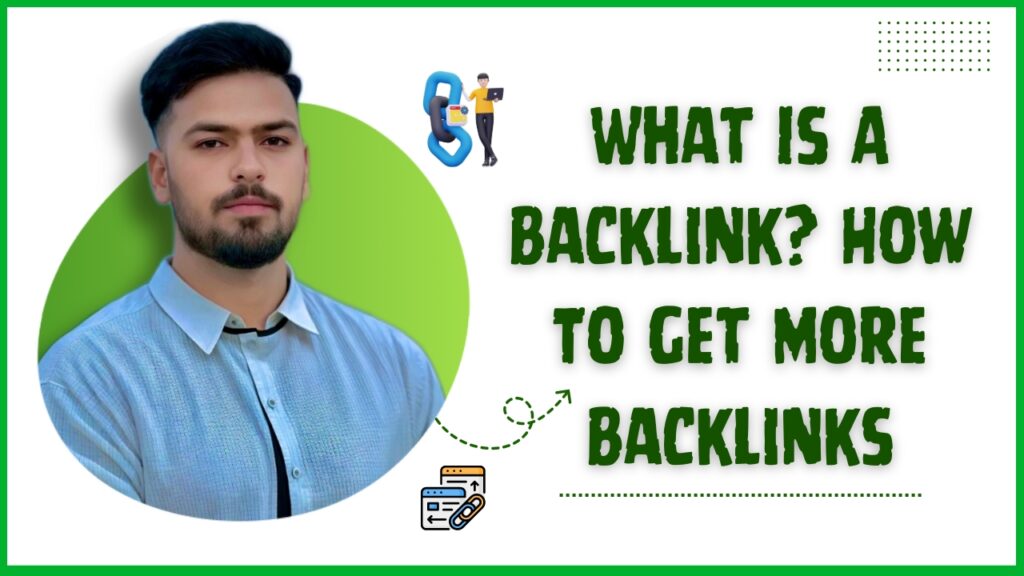Job vs Freelancing – Which One Is The Best? – Malik Nazir
Many people are faced with a crucial decision: should they pursue a traditional job or dive into freelancing? Both options come with their own set of advantages and challenges. A traditional job typically provides a stable paycheck, benefits like health insurance, and a structured work environment. On the other hand, freelancing offers the freedom to choose your own projects, set your own schedule, and work from anywhere. As the job market continues to change, more individuals are exploring the gig economy and the opportunities that come with it. This blog post will explore the differences between traditional jobs and freelancing, outlining the pros and cons of each option. We’ll discuss important factors to consider, such as financial stability, work-life balance, and personal preferences. By the end, you’ll have a clearer understanding of which path might be best for you. Whether you’re looking for a steady job with benefits or craving the freedom to work on your own terms, it’s essential to weigh your options carefully. Job vs Freelancing – Which One Is The Best? Let’s dive into this important topic and help you find the right career path for your needs and goals. Understanding the Basics In this section, we clarify the fundamental differences between traditional jobs and freelancing, outlining what each path entails. By understanding these basics, you can better assess which work style aligns with your career goals and lifestyle preferences. Traditional Employment In a traditional job, employees work for a company or organization. This setup typically includes: Fixed Schedule: Employees usually have set hours and days when they are required to work. Consistent Paycheck: Traditional jobs often provide a stable income, typically paid bi-weekly or monthly. Benefits: Many companies offer benefits such as health insurance, retirement plans, paid time off, and other perks. Job Security: While job security can vary, traditional employment often comes with a degree of stability, as companies may have policies against abrupt layoffs without cause. Freelancing Freelancing, on the other hand, involves working independently. Freelancers typically: Set Their Own Schedule: Freelancers have the flexibility to choose when and where they work, allowing for a more personalized work-life balance. Variable Income: Income can fluctuate based on the number of clients, projects, and the type of work. Some months may be profitable, while others may be lean. No Benefits: Freelancers usually do not receive benefits from clients, meaning they must secure their own health insurance, retirement plans, and time off. More Control: Freelancers can select the projects they work on and have more creative control over their work. Pros and Cons of Traditional Jobs Traditional jobs offer stability and structured environments, along with employee benefits that enhance financial security. However, they may come with limitations such as inflexible schedules and potential office politics that can impact job satisfaction. Pros Steady Income: One of the most significant advantages of a traditional job is the regular paycheck. Employees can budget more effectively since they know how much money they will make each month. Benefits: Health insurance, retirement plans, and paid time off can make traditional jobs more appealing. These benefits often contribute to overall job satisfaction. Job Security: While no job is entirely secure, traditional employment can offer more stability than freelancing, especially in established companies. Professional Development: Many companies provide training and development opportunities, helping employees improve their skills and advance their careers. Cons Lack of Flexibility: Employees often have to adhere to strict schedules and workplace policies, which can lead to dissatisfaction for those who prefer a flexible lifestyle. Limited Control: Employees usually have less say in their work assignments and may need to follow a chain of command. Potential for Burnout: The traditional job environment can sometimes lead to stress and burnout due to heavy workloads and office politics. Commute: For many, commuting to work can be time-consuming and exhausting, taking away from personal time. Pros and Cons of Freelancing Freelancing provides the freedom to choose projects and set your schedule, appealing to those seeking flexibility in their work. On the flip side, it brings challenges like income variability and the responsibility of managing your own benefits, which can create uncertainty. Pros Flexibility: Freelancers can create their own schedules and work from anywhere, making it easier to balance personal and professional commitments. Diverse Opportunities: Freelancers often work on various projects across multiple industries, allowing them to develop a broader skill set and network. Creative Freedom: Freelancers typically have more control over the projects they choose and how they execute them, which can be highly rewarding. Potential for Higher Earnings: Successful freelancers can set their rates and potentially earn more than they would in a traditional job, especially if they have in-demand skills. Cons Inconsistent Income: Freelancers often face income fluctuations, which can make budgeting and financial planning more challenging. No Benefits: Freelancers need to manage their own benefits, such as health insurance and retirement savings, which can add to their workload. Self-Discipline Required: Freelancers must be highly self-motivated and disciplined to manage their time effectively and meet deadlines without external supervision. Client Acquisition: Finding clients can be a significant challenge for freelancers, especially when starting. They must spend time marketing their services and building a client base. Key Considerations When deciding between a traditional job and freelancing, consider the following factors: Financial Stability If financial stability is your priority, a traditional job may be the better choice. With a steady paycheck and benefits, it can provide a sense of security. However, if you have the skills and determination to succeed in freelancing, the potential for higher earnings exists. Work-Life Balance Freelancing offers greater flexibility, allowing you to balance work with personal commitments. If you value time flexibility and the ability to choose your projects, freelancing may be the way to go. However, if you prefer structure and a clear separation between work and home life, a traditional job might suit you better. Career Goals Consider your long-term career aspirations. If you want to climb the corporate ladder and take advantage of professional development









